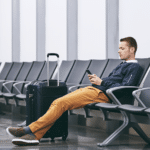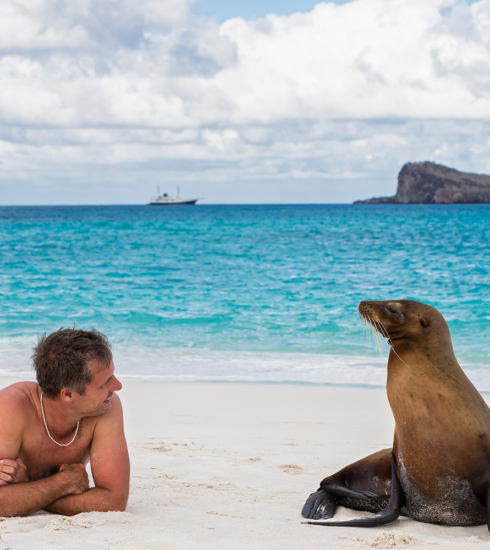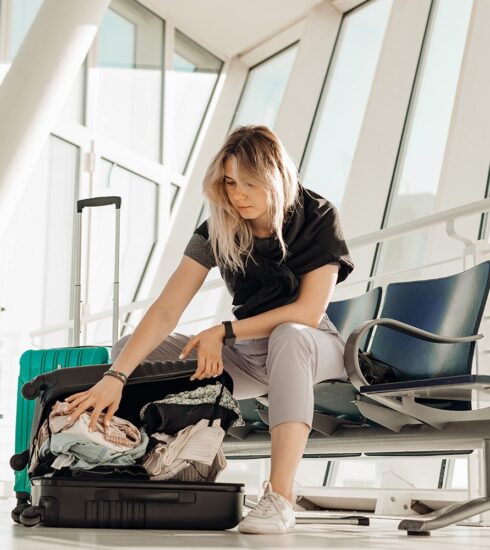Travel Emergencies: Valuable Tips On How to Successfully Handle Them
Travel, with all its excitement and thrill, can sometimes be a challenge when faced with unexpected emergencies. These travel emergencies can take many forms – from medical crises to lost passports, transport mishaps to sudden changes in weather. No one ever embarks on a journey expecting to encounter these unsettling situations, yet they remain an inevitable part of the travel experience.
Understanding the nature of such emergencies, and being prepared with strategies to handle them effectively, can transform these daunting experiences into manageable hurdles. This article strives to shed light on the most common travel incidents and provide clear, actionable guidance to help you navigate through these challenges with ease and confidence.
Medical Emergencies
One of the most common and serious travel emergencies is facing a sudden medical crisis. Whether it’s a minor injury, severe illness, or chronic condition flare-up, it’s crucial to be prepared. Always carry a well-stocked first-aid kit and relevant prescriptions. Knowledge about local healthcare services, including the location of nearby hospitals or clinics, can be a lifesaver.
Remember to have updated travel insurance that covers medical emergencies abroad. It’s equally important to keep emergency contact numbers handy.
Finally, if you have a pre-existing condition, make sure to carry your medical history and doctor’s contact details. Being aware of these details and having a plan in place for any emergencies can help you navigate through medical challenges with ease. In instances where you may require an evacuation, your travel insurance provider can help you arrange the necessary assistance.
Car Breakdowns
Car breakdowns and other related transport problems, such as flight cancellations and delays, are among the more common travel emergencies. As with medical emergencies, it’s important to be prepared. Keep a list of emergency numbers for your rental car company and roadside assistance services like AAA handy at all times.
Also, towing companies or service centers should be familiar with the exact model and year of your vehicle in case you need replacement parts. Namely, the professionals from Caboolture Towing suggest that with the help of a modern fleet that has different tow trucks, you can ensure that the car is always handled with utmost care.
In addition, it’s wise to carry an emergency kit for general repairs and a spare tire in case of flat tires.
Knowing the ins and outs of your rental agreement, having an emergency fund set aside for unexpected expenses, and ensuring that you always have access to a working phone are other steps that can help you stay on top of car breakdowns when they arise.
Lost or Stolen Items
It is important to understand the local laws and customs, as well as the process of filing a police report. Always keep copies of important documents such as your passport, visa, and travel insurance policy in a secure place.
To safeguard against lost cards or missing items, it is beneficial to maintain an inventory list that includes the serial numbers and other pertinent details of your belongings. Prior to embarking on your trip, consider capturing photographs of high-value items for easier identification and filing of insurance claims.
Furthermore, ensure that you have readily available contact information for your credit card companies, banks, and other financial institutions in the event that you need to freeze or cancel a lost card. A lot of companies will also provide apps that allow you to remotely freeze or cancel stolen cards, as well as send emergency cash transfers to offset travel emergencies.
Remember that you can always seek help from people back home if money has been stolen and you have no way of getting back. There are many money transfer services that allow a loved one to send money to Brazil or another country to a secure pickup location. It’s also worth getting in contact with a local embassy to see how they may be able to help (some embassies may be able to help you find temporary accommodation if you have no means to pay for it yourself).
Natural Disasters
Natural disasters such as floods, hurricanes, earthquakes, and tornadoes can have severe consequences for travelers. It’s essential to be informed of the current weather conditions in the places you’re visiting before and during your trip. During periods of extreme weather, make sure to stay updated with local news sources about any potential dangers.
Follow instructions issued by emergency services or local authorities closely. Invest in travel insurance that covers natural disasters as well as other medical emergencies.
Lastly, if a disaster does arise, make sure to stay in contact with family and friends who can help you navigate through any difficult situation. On the other hand, it’s not just emergencies that you need to prepare for while traveling.
Even minor mishaps, such as delays in getting your luggage or problems with booking accommodation, can impact your journey and cause unnecessary stress. It is therefore important to be aware of the services available to travelers from hotels, rental companies, airlines, and other travel service providers.
Other Unexpected Travel Emergencies
Apart from the aforementioned emergencies, other unpredictable events may occur during periods of extended travel such as an unexpected illness or injury of a traveling companion, political unrest or civil disturbances, delays due to strikes, or theft of belongings. In such cases, it’s important to stay calm and composed.
Stay informed about local news and seek advice or information from reputable sources such as government organizations. It is also advantageous to keep updated contact details of your embassy in case you require assistance with legal matters or documentation. Regardless of the circumstances, having a well-thought-out plan and the appropriate support will empower you to confidently handle any unforeseen emergencies.
Personal Safety
Ensuring your own personal safety during travel is paramount. Unfamiliar environments or unpredictable situations can sometimes pose risks to travelers. Remaining vigilant and maintaining awareness of your surroundings is of utmost importance. Research beforehand about the area you’re visiting, especially if it’s known for certain types of crime or safety issues.
Have faith in your intuition; if something doesn’t resonate, chances are it isn’t aligned. Carry a personal alarm or learn some basic self-defense techniques.
Explore and enjoy your surroundings, but remember to stay vigilant. Avoid isolated areas, especially after dark, and keep your belongings secure at all times. It’s always a good idea to have the contact information of local law enforcement agencies readily available.
And don’t forget, staying connected with loved ones or designated contacts back home adds an extra layer of security and peace of mind.
Just Be Prepared
Travel does come with its share of risks and emergencies, but with thorough preparation and a vigilant mindset, you can navigate through these challenges with confidence. Remember that education, awareness, and advance planning are your best defenses against any unforeseen emergencies.
Take the time to research, understand local customs and laws, invest in good travel insurance, and be aware of the resources available to you during your trip. Stay connected with loved ones and let them know of your whereabouts regularly.
Above all, don’t let fear deter you from exploring new places. Traveling is a precious opportunity to explore new cultures, meet different people, and create unforgettable memories. Stay prepared, stay safe, and enjoy the journey.









